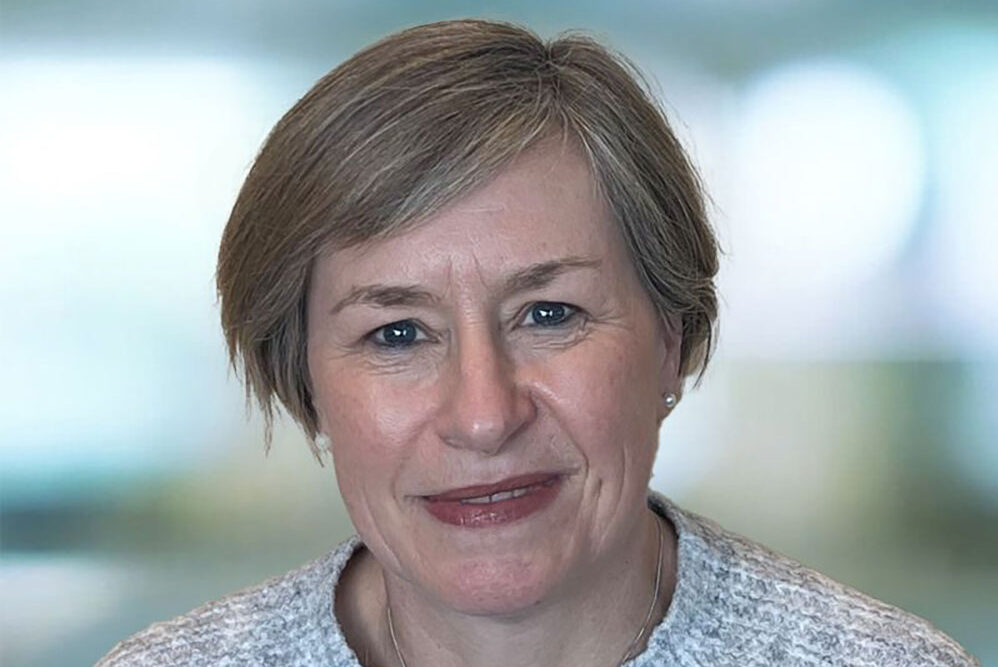New Danish centre to spearhead developments in protein design

The Center for Protein Design (CPD) at the University of Copenhagen will focus on interdisciplinary collaborations across the university and partnerships in Denmark and internationally.
The centre is funded by a DKK 700 million grant from the Novo Nordisk Foundation and headed by Professor Dek Woolfson at the University of Copenhagen.
“De novo protein design opens possibilities for entirely new solutions to global challenges – from the development of targeted drugs and vaccines to sustainable biomaterials and enzymes that can degrade microplastics,” says Lene Oddershede, Chief Scientific Officer, Novo Nordisk Foundation. “Recently the field has made significant strides, and Denmark has a strong starting point with its long tradition of protein research. With this grant, we want to help translate groundbreaking basic research into concrete solutions, train the next generation of researchers in this crucial field, and ultimately establish a powerhouse for protein design here in Europe.”

Demis Hassabis & John Jumper: Advancing AI as a scientific tool
Sir Demis Hassabis, co-founder and CEO of Google DeepMind and Isomorphic Labs, and John Jumper, Director and Senior Research Scientist at Google DeepMind, have been honored with the 2024 Nobel Prize in Chemistry for their revolutionary technology for predicting the 3D structure of proteins.
Launch in August 2025
The Novo Nordisk Foundation Center for Protein Design (CPD) will launch in August 2025, and bring together a diversity of disciplines from biology, chemistry and drug design to computer science spread across two faculties to create a world-leading hub for protein design.

The amazing structures of proteins
The Nobel Prize in Chemistry 2024 recognizes both computational protein design and protein structure prediction.
“The great leaps in understanding proteins and in computational design, including AI, that have been made recently give us tools to start designing artificial proteins with confidence, and the resulting possibilities seem almost endless,” says Professor Dek Woolfson. “However, there is still a lot of work to do before the full potential of protein design is realized. The CPD will play a key role in this, including driving fundamental research, and translating it into real-life applications. I am very excited by this opportunity, and I’m looking forward to establishing and leading the centre.”
The great leaps in understanding proteins and in computational design, including AI, that have been made recently give us tools to start designing artificial proteins with confidence, and the resulting possibilities seem almost endless.
“The CPD will design novel proteins with specific properties to work under desired conditions,” adds Woolfson. “To do this, we will develop and use the latest computational methods, including generative AI. However, it will be critical to combine this with chemistry and physics to gain a more complete picture of proteins, how they function, and how we can design them. All the time, we will be training new research talent in the field – from biochemists, chemists and computer scientists to pharmacists and drug designers.”

David Baker: “I’ve always been interested in big questions”
David Baker, born in Seattle in 1962, is an American professor of biochemistry and computational biology at the University of Washington, Seattle, and Howard Hughes Medical Institute. He has received the Nobel Prize in Chemistry for his pioneering research methods in protein design, and NLS asked him about his career, being a scientist, and of course, a lot about proteins.
Interdisciplinary collaboration
The CPD will have its main operation between the Department of Biology and the Department of Drug Design and Pharmacology at UCPH, with additional activities at the Departments of Chemistry and Computer Science. In addition to a strong core team of experienced researchers, it will host and train a large number of PhD students and post-doctoral researchers. It will also be open to visiting Danish and international guest researchers to ensure the centre’s activities are of the highest standard.
This complex new field does not sit comfortably alone in any of the classical scientific disciplines. Interdisciplinary collaboration between biochemists, computer scientists and pharmaceutical researchers is essential for mastering it.
The CPD will bring together researchers from a wide range of disciplines on the common mission of protein design, and this is the great strength of the centre.
“This complex new field does not sit comfortably alone in any of the classical scientific disciplines. Interdisciplinary collaboration between biochemists, computer scientists and pharmaceutical researchers is essential for mastering it. Fortunately, the collaboration across the Faculty of Health and Medical Sciences and the Faculty of Science to pave the way for the CPD has been extremely positive. It is the same mindset that will carry the CPD forward and ensure that the great potential is also realised,” says Dean Bo Jellesmark-Thorsen from the Faculty of Science.
Published: July 30, 2025












